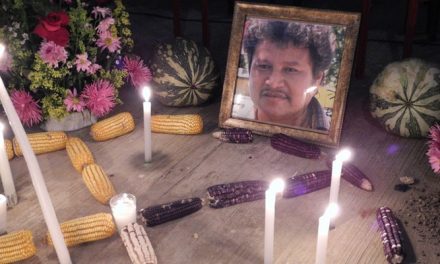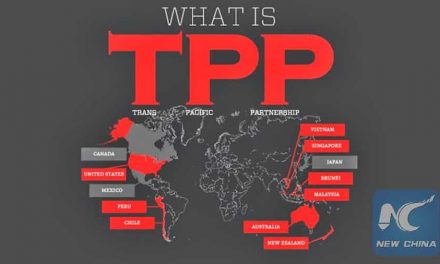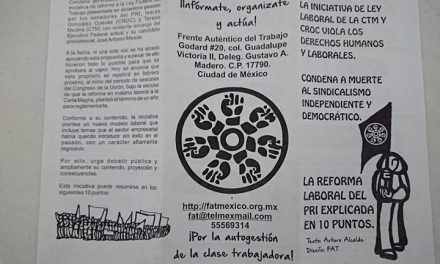Stark similarities of missing indigenous peoples of North and South America
By Jennifer MtPleasant
Two Row Times
The missing and murdered Indigenous people movement in Canada has been gaining increasing awareness in the past few months. More and more groups are lobbying the federal government to call a national inquiry into the disappearances and murders of thousands of First Nations men and women.
The total numbers are shocking. But is this a new phenomenon? By looking at the plight of other Indigenous peoples of the Americas, we can gain a better understanding of how to deal with this issue. Although people go missing and are murdered in every society and in every culture, Indigenous peoples around the globe face higher mortality, violence and ‘forced disappearance’ rates then that of non-Indigenous people.
Prominent human rights activist Bertha Oliva was at Six Nations last Thursday to draw attention to the plight of thousands of people in Honduras who have been the victims of forced disappearances in the past few decades. Oliva is the General Coordinator of the Committee of Relatives of the Disappeared and Detained (COFADEH) in Honduras and just wrapped up a speaking tour in Toronto, Ottawa and Montreal.
Oliva spoke about the common struggles that all Indigenous people of the Americas face including high rates of murders, violence, and disappearances as well as struggles with displacement and pipelines. Through an interpreter, Oliva spoke about the human rights situation in Honduras where entire communities are being exploited and environmental degradation is a huge problem.
COFADEH, Oliva explained, was created in 1979, in response to a 10-year government war on its citizens where, “people were detained, tortured and killed as a result of state policy.” Oliva said that when COFADEH was first created, “Our intentions were to find people alive but we realized we weren’t going to find anyone alive. So finding truth was the only thing that could provide us with any sense of justice and a sense of peace.” She also stated that none of the crimes of the past have been recognized and the perpetrators have never been brought to justice. “It’s like we went 40 years backwards,” said Oliva.





